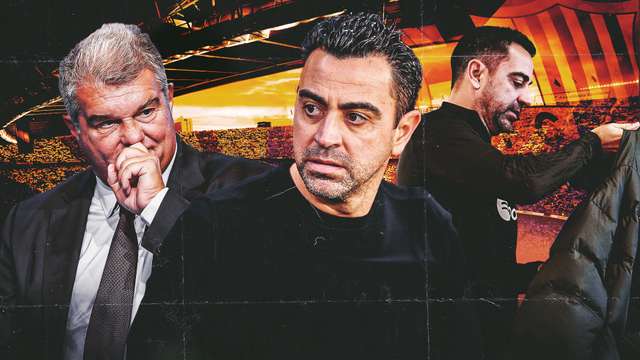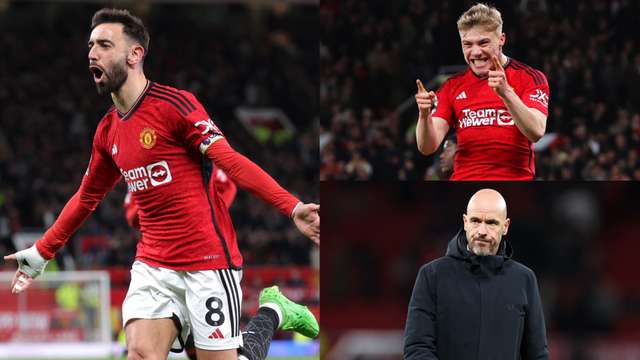Two Spanish coaches went head-to-head in the Indian Super League (ISL) final between Bengaluru FC and FC Goa and in the end, it was Carles Cuadrat who emerged triumphant at the Mumbai Football Arena.
The Bengaluru coach became the third Spaniard in five seasons to lift the ISL trophy, following in the footsteps of Antonio Lopes Habas and Jose Francisco Molina. Last season, Albert Roca, another Spaniard faltered when it mattered as his team went down to Chennaiyin FC on home soil at the final hurdle.
Both Cuadrat and Roca had strong connections to Barcelona and that had reflected on the approach taken by latter during Bengaluru’s runners-up campaign in the ISL last season. Roca’s Bengaluru had been true advocates of the possession-based Spanish philosophy of playing the match on the front foot while taking the game to the opposition.
Cuadrat, meanwhile, has added his own tweaks and taken a more pragmatic approach while retaining the best parts of Roca’s system. Cuadrat’s Bengaluru have not been as free-flowing and dominant as the previous season but have instead displayed an intense competitive spirit to overcome adversities.
Bengaluru have found themselves trailing on several occasions over the course of the campaign but have managed to get the done with Cuadrat mixing up his approach to tailor the circumstances. The Spaniard has been flexible with his strategy and has not been afraid to change his system when the proceedings haven’t gone his team’s way. In fact, their defence was one of the primary reasons as to why they did well this term as opposed to merely relying on the quality in their attack. Cuadrat has certainly adopted a more mature methodology which has resulted in the team winning their first ISL title.
Next Match
This is in stark contrast to Goa’s Sergio Lobera who has stayed true to his Spanish attacking approach in both his seasons with the club. Lobera’s Goa were tearing up the league with their silky smooth free-flowing football filled with quick interchanges but came undone in the final against a more pragmatic approach.
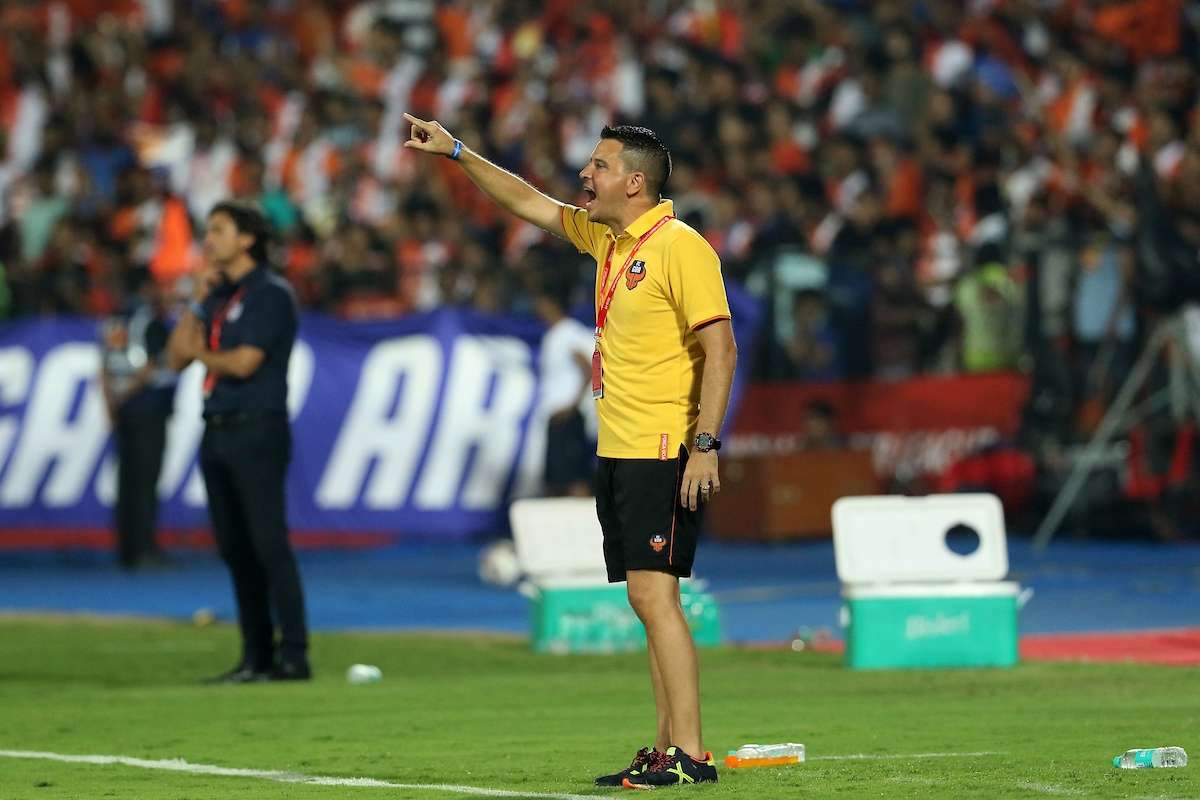
Goa stumbling at the final hurdle had been similar to Bengaluru being sucker punched last year by Chennaiyin. The Gaurs had arguably been the team to watch this season with their eye pleasing football winning them many plaudits.
Had Goa emerged victorious in the final, it would have been the first time the ISL title has been won by adopting a complete Spanish approach. Both of Cuadrat’s compatriots to win the ISL title before him had deployed a system resembling anything but Spanish.
Habas’ title-winning for the then named Atletico de Kolkata in the inaugural edition was based on a counter-attacking approach who were very strong in their defensive organisation. Similarly, Molina’s campaign with the same club in 2016 has been characterised by a strong defence comprising of Henrique Sereno and Tiri along with a hard-working midfield double pivot of Borja Fernandez and Stephen Pearson.
The coaches who have gone all in with the Spanish way in the ISL have been Roca, Lobera, Miguel Angel Portugal at Delhi Dynamos last year along with Josep Gombau at Delhi and Cesar Ferrando at Jamshedpur this season. Both Roca and Lobera have been beaten to the title in the final while the rest have failed to even achieve play-off qualification for their respective sides.
Spanish coaches and players might be becoming the flavour of the ISL but success has actually come to those who have looked the other way.
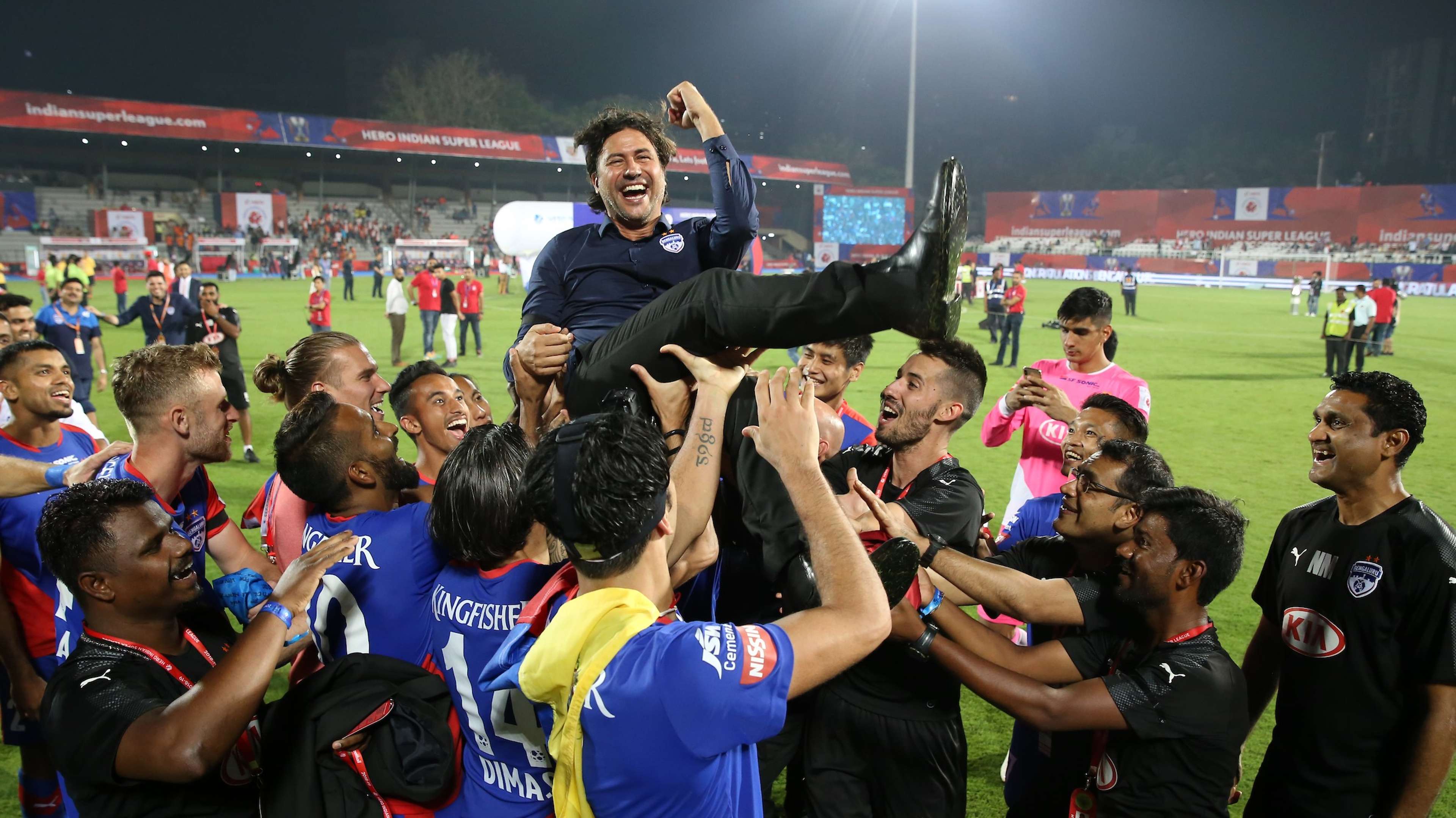


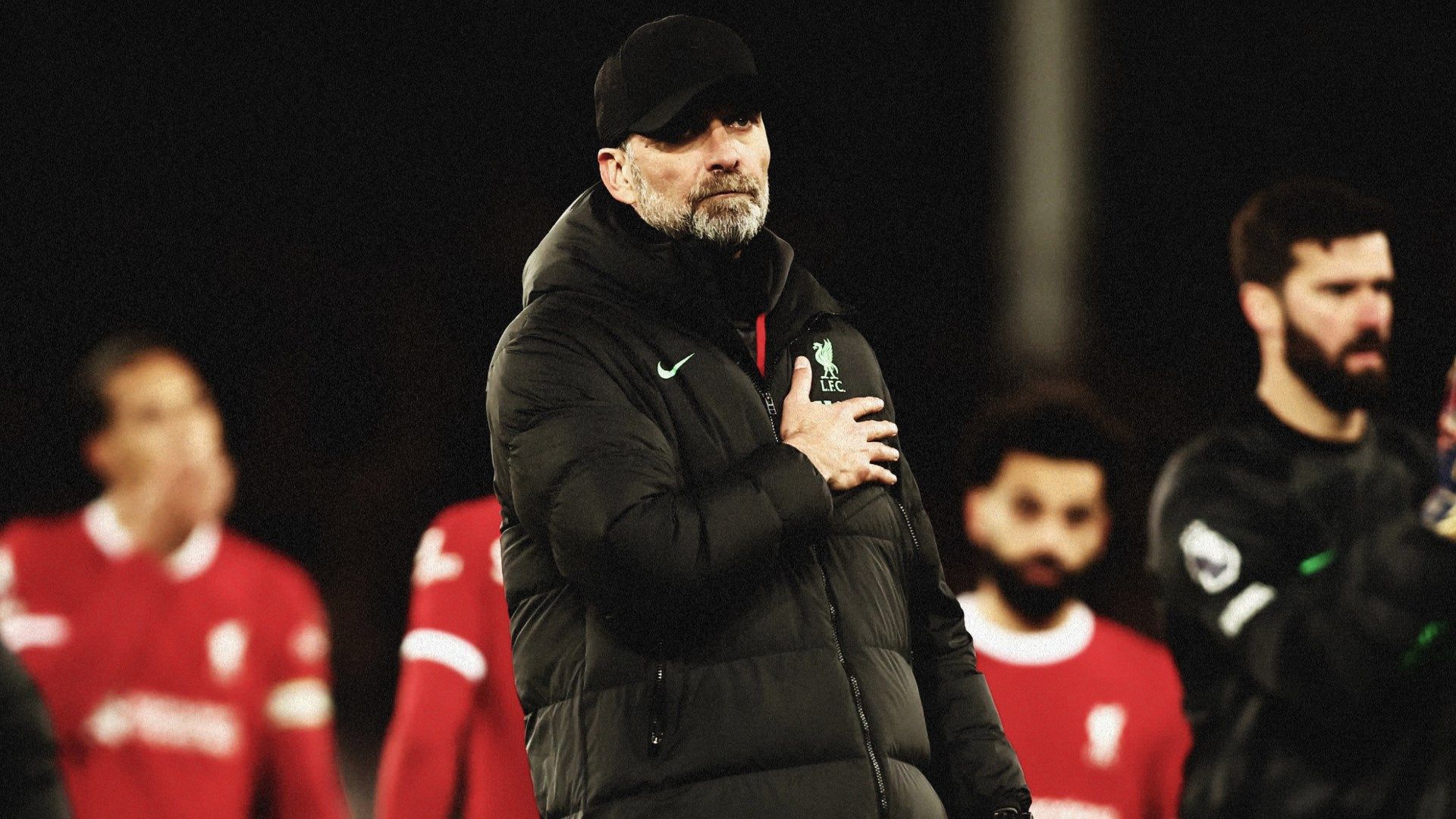.jpg?auto=webp&format=pjpg&width=640&quality=60)
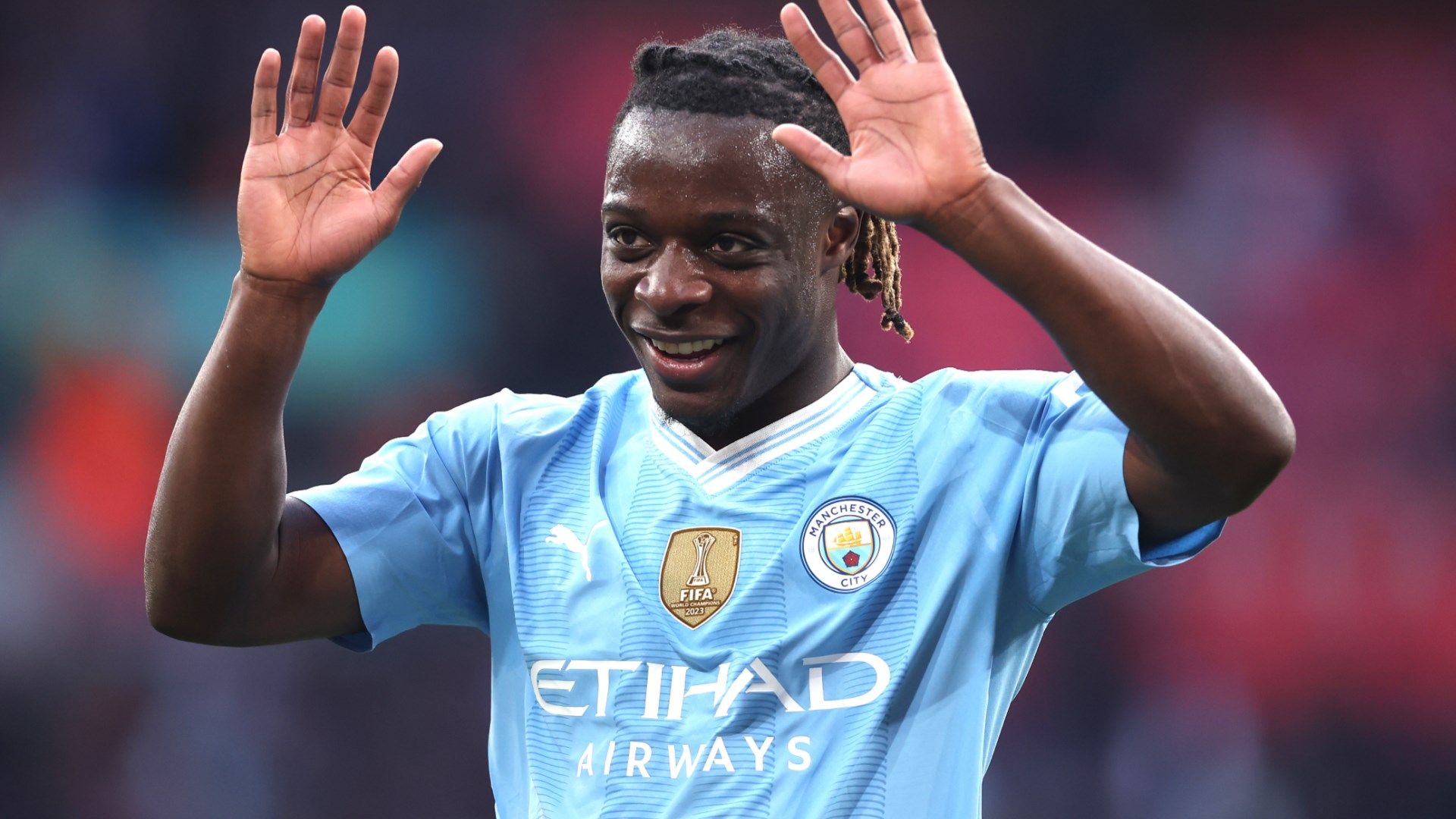.jpg?auto=webp&format=pjpg&width=640&quality=60)
